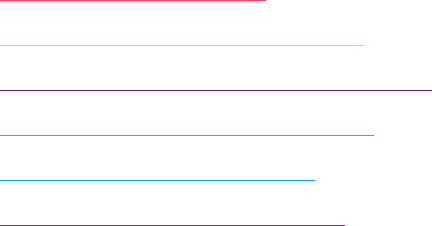Does Therapy Really Work?
Onderzoek over depressiebehandeling Ellen Driessen
Werkt therapie écht? In New York Times Magazine van afgelopen week vertelt onze collega Ellen Driessen (GZ-psycholoog) over haar onderzoek naar depressiebehandeling. In het artikel ‘Does Therapy Really Work? Let’s Unpack That’ wordt dieper ingegaan op de vraag of therapie daadwerkelijk invloed heeft op het verbeteren van de mentale gezondheid. Ellen probeert in haar onderzoek te bepalen welke soorten therapieën het beste werken voor welke soorten patiënten, in de hoop dat die gerichte combinaties betere resultaten zullen opleveren. De bevinding dat alle soorten therapie voor depressie gemiddeld genomen even goed werken, vertelt Ellen, zou belangrijke verschillen tussen personen kunnen verbergen.
Lees hieronder het stuk over Ellen haar onderzoek en klik hier voor het volledige artikel.
Ellen Driessen is a psychologist in the Netherlands who believes, to the contrary, that the field has not yet unlocked the full potential of talk therapy. Driessen’s Twitter bio describes her as a “passionate depression treatment researcher,” and she has devoted herself in recent years to finding ways to maximize therapy’s effectiveness. Her goal: to determine which kinds of therapies work best for which kinds of patients, in the hope that those targeted pairings will yield better results. In her own practice, when patients turn to her for guidance about what treatment to choose, she often feels frustrated by uncertainty. The finding that all types of therapy work equally well, Driessen believes, could be hiding the variation that exists from person to person. Given the state of research, it is impossible to know what to recommend for an individual patient. “I don’t know which of these treatments will work best for you,” she resorts to saying. “And that is something that I, as a clinician, find very unsatisfying.”
Most studies do not break down the results of various psychotherapies by type of patient — by gender, for example, or comorbidities, or age of onset of illness. The trials are too small to generate statistically meaningful results for those categories. Driessen and colleagues are undertaking the ambitious task of going back to the researchers on at least 100 trials to procure identifying details about patients, so that their samples will be large enough to allow them to determine whether certain kinds of people are more likely to respond to one kind of therapy or another. The project will most likely be underway for a decade before they can tease out matches between practice and patient.




